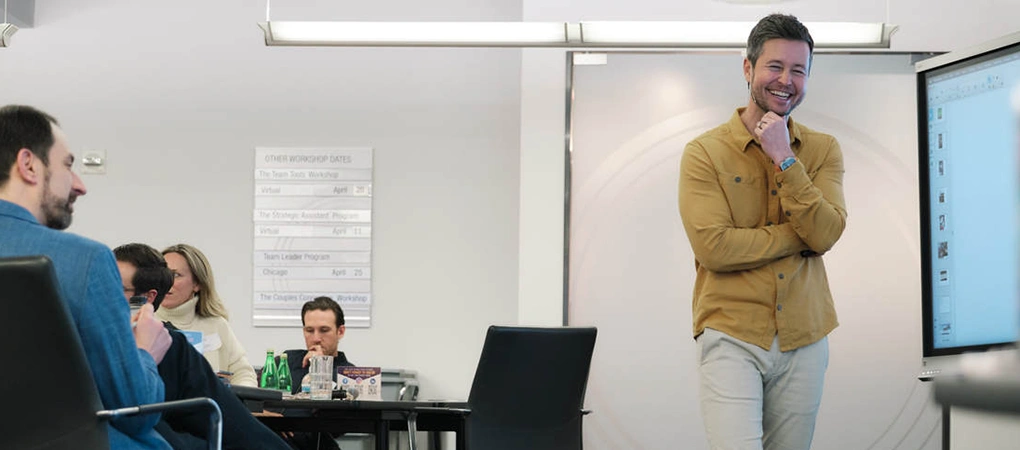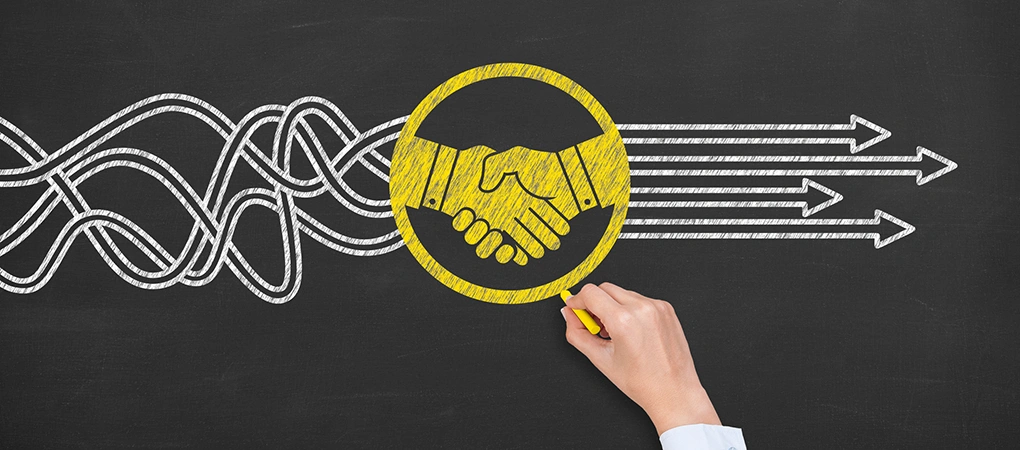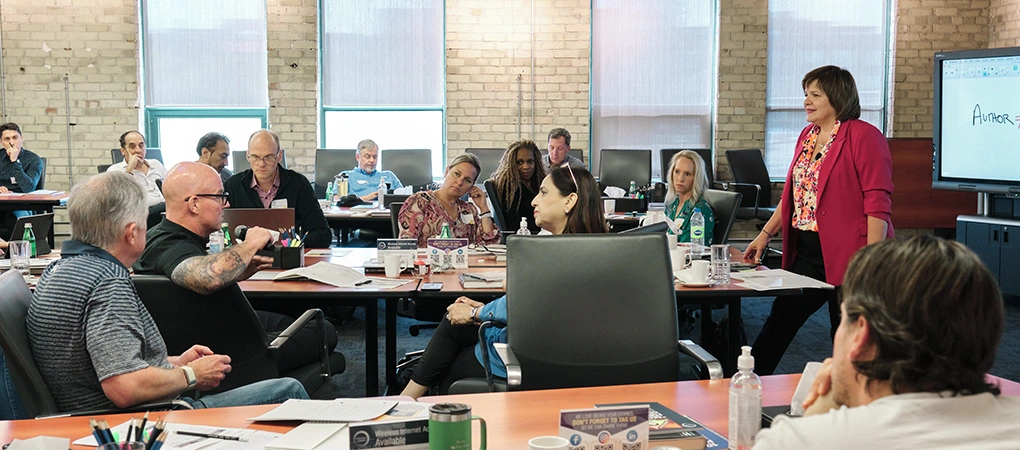How To Organize & Prioritize Your Work (The Benefits Of Scheduling)
The Strategic Coach Team

One of the biggest strengths entrepreneurs have is their ability to quickly shift gears and adapt to whatever opportunity comes their way. But it can also be one of their biggest weaknesses.
When you have the ability to take action on any opportunity that comes your way, it can be difficult to say no. You might feel like you’re missing out on a golden opportunity, and as a result, everything becomes a high priority. You end up taking on more work than you otherwise would, and all of a sudden your life becomes frantic as you move from one urgent task to the next.
And therein lies the problem: If everything is a high priority, nothing is! You can’t have 10 main priorities, right?
Learning how to organize and prioritize your work is an essential skill that entrepreneurs need to master if they want to grow their business over the long term. And it goes beyond just business growth—being able to properly organize and prioritize your work will help prevent burnout, lower stress, and improve the culture of your team.
So, what’s the secret? It all comes down to being intentional. Intentionality helps us be proactive, while urgency forces us to be reactive. With that in mind, here are some of our best tips on how to get organized, prioritize the most important work in your business, and stay intentional as an entrepreneur.
The Entrepreneurial Time System.
The Entrepreneurial Time System is a framework developed by Dan Sullivan that is at the core of nearly everything we do at Strategic Coach. It’s one of the best ways for entrepreneurs to stay intentional and organized, and prioritize the most important work in their business and lives.
To put it simply, The Entrepreneurial Time System allows you to look at the time you have—both work time and free time—in a different light. Entrepreneurs often get so wrapped up in their work that they forget why they became an entrepreneur in the first place: freedom!
There are no rules about when you can or can’t work as an entrepreneur. Always remember that you have complete freedom around how to organize and prioritize your work, and that includes taking time off. Being intentional about when you work and when you don’t—even if that falls outside of “typical working hours”—is one of the first steps entrepreneurs need to take if they want to learn how to organize and prioritize their work. The Entrepreneurial Time System is a great place to start.
The art of delegation.
Here’s the biggest secret on how to organize and prioritize your work: Do less work!
Entrepreneurs need to be extremely clear on what type of work they do and don’t do—or else they will inevitably do it all themselves. How many times have you done something that was outside of your Unique Ability—what you love to do and do best—because it was “high priority” or because it only took a few minutes? But there are just too many things that fall into these categories.
If you think with this mindset, you’ll never be able to focus on your Unique Ability because you’ll constantly be bogged down in minutiae disguised as high priorities.
Learning how to say no and learning when to delegate certain tasks is the key to organizing and prioritizing your work as an entrepreneur. Until you can do that, you’ll never be able to focus on your own priorities because there will always be some other, higher priority project.
Want to learn how to improve your delegation skills? Download Dan Sullivan’s #1 thinking tool, The Impact Filter, and use it to bring clarity, intentionality, and purpose to all your delegations.
Prioritizing successful habits.
Learning how to develop and maintain good habits around prioritizing and organizing your work is one of the best ways to grow as an entrepreneur. Having a morning routine, for example, can help you prioritize your work for the day. Dan encourages entrepreneurs to start their day by asking themselves three simple questions based on our D.O.S. (Dangers, Opportunities, and Strengths) framework:
- What’s my biggest danger for the day?
- What opportunity do I have right now?
- What strengths do I have that I can reinforce today?
That’s it! These three simple questions will not only help you prioritize your work for the day but will get you excited about everything you can accomplish. If you don’t believe us, give it a try and see how it affects your day—you might be surprised.
Staying out of “The Gap” (and in “The Gain”).
Dan has an important concept and book of the same name called The Gap And The Gain that changes the way many entrepreneurs view their own success. It can also affect how you organize and prioritize your work.
Here’s how it works:
When you measure your progress against unachievable ideals, you’re never satisfied with your progress. We call this “being in The Gap.” “The Gap” is the permanent difference between your actual results and your ideal results. The alternative is to step into “The Gain” by measuring backwards. Instead of measuring your progress against an unattainable ideal in the future, you simply look back to see all the progress you’ve made up to that point.
So what does this have to do with organizing and prioritizing work? It all goes back to urgency versus intentionality. When you’re in The Gap, you’re focused on all the work you need to complete to achieve “success”—and, as a result, everything becomes a high priority. Even worse, the work never truly ends because that ideal is unattainable!
But when you’re in The Gain, you can see that you’re already successful and gain motivation from that rather than from “high priority” items that might not be as big of a priority as you once thought.
You can feel positive about the progress you’ve made instead of feeling like you constantly need to move forward and juggle more priorities. You can be extremely intentional with the work you take on, so organizing and prioritizing will simply happen automatically.
Creativity: the biggest priority.
Entrepreneurs are inherently creative. They develop unique solutions to complex problems and provide value where others can’t. But being reactive will quickly stifle your creativity.
When you operate reactively, you force yourself to act in one pre-defined way. It stifles your creativity because you are relegated to only focusing on the most urgent or high priority item at that moment. There’s no other alternative, and therefore no room to be creative.
When you operate intentionally, you open up endless opportunities for creativity. You can prioritize work that utilizes your creativity in the best ways possible. You can expand your capabilities and your thinking.
Shifting your mind to thinking intentionally goes far beyond organizing and prioritizing your work. It’s one of the best ways to not only grow your business, but grow as an entrepreneur. And as we often say, “you’re either growing or you’re dying.”
When you start with intentionality, the organizing and prioritizing handles itself.







